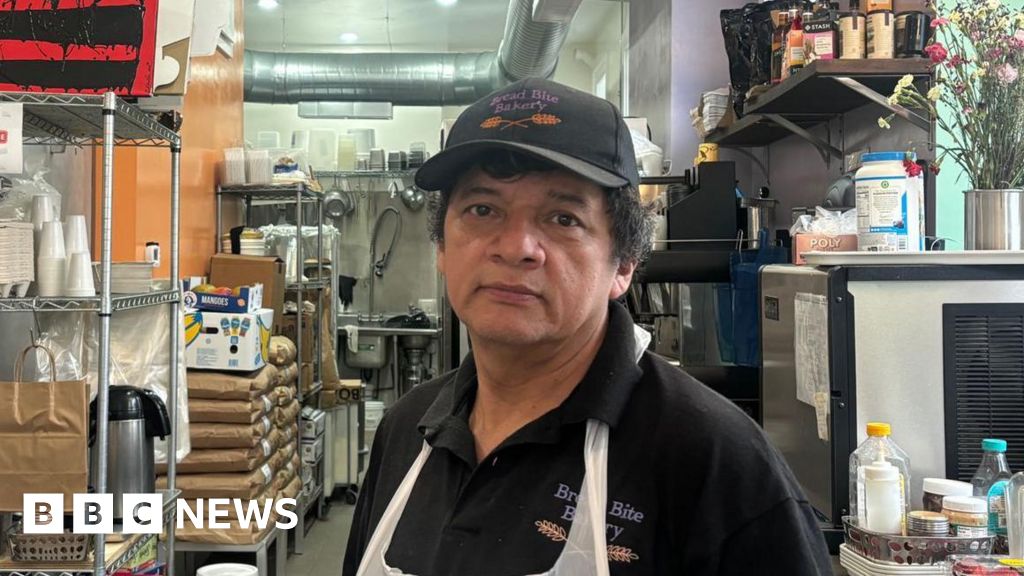
The Bitter Brew: How Tariffs Are Steaming Up the Price of Coffee
The aroma of freshly brewed coffee, a comforting staple in American life, is increasingly tinged with a bitter aftertaste. For many independent coffee shops across the nation, the rising cost of their primary ingredient – coffee beans – is threatening to brew a crisis. This isn’t a matter of fluctuating market prices or poor harvests; it’s a direct consequence of tariffs, a tax on imported goods, which are significantly impacting the bottom line of these small businesses.
The vast majority of coffee beans consumed in the US are imported, primarily from countries in Central and South America. These beans are the lifeblood of countless independent coffee houses, establishments that pride themselves on sourcing high-quality beans and offering unique brewing methods. For these businesses, the recent increase in tariffs represents a considerable financial burden.
The impact isn’t subtle. The cost of imported beans has risen significantly, leading to a domino effect that stretches from the wholesale supplier to the consumer. Independent coffee shops, already operating on thin margins, find themselves facing a tough choice: absorb the increased cost and reduce their profitability, or pass the increased expense onto customers, risking alienating loyal patrons in a competitive market.
The latter option, unfortunately, appears to be the more prevalent choice. The price of a cup of coffee is creeping upwards, a change that many consumers are beginning to notice. This price hike is particularly concerning for consumers who rely on affordable coffee, especially low-income individuals and families. The rising cost is not only affecting the individual consumer, but also the overall economic landscape, impacting the purchasing power of the average citizen and affecting the economy’s potential growth.
Beyond the immediate financial implications, the escalating cost of coffee beans poses a larger threat to the fabric of the independent coffee shop industry. Many of these establishments are small, family-run businesses that have built strong relationships with their communities. Higher prices could force them to cut corners, potentially compromising the quality of their product or reducing staff hours, thereby affecting their employees livelihoods. In the worst-case scenario, some could be forced to close their doors altogether, resulting in a loss of jobs and a reduction in local business diversity.
This situation highlights a complex economic reality. While tariffs are intended to protect domestic industries, their application can have unintended consequences, particularly for smaller businesses that rely on global supply chains. In this instance, the tariffs intended to possibly support American coffee bean growers, are instead disproportionately affecting businesses importing high-quality beans from abroad, leaving these smaller companies bearing the brunt of the economic strain.
The future for independent coffee shops remains uncertain. While some larger chains may have the financial capacity to absorb these increased costs, smaller businesses are left struggling to maintain their operations and navigate this challenging economic environment. The distinct, unique flavors of these smaller coffee houses may be at risk of extinction if the situation is not addressed. The future of the coffee industry hangs in the balance, and for these smaller businesses, the brew is looking decidedly bitter.



Leave a Reply